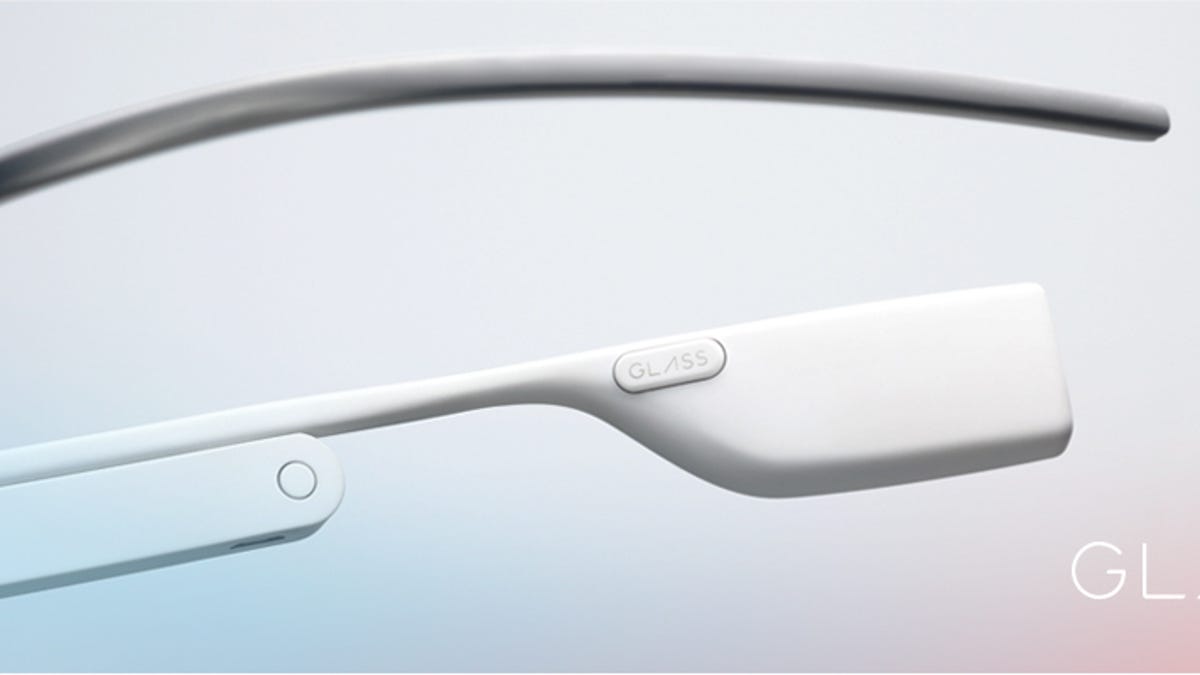Larry Page: Android powers Google Glass, obviously
After reaching smartphones and tablets, Google's mobile OS is stretching to electronic headwear. And looking on the bright side, the CEO says Android fragmentation reflects innovation and flexibility.

Google uses its Android mobile operating system to power its Glass devices, Chief Executive Larry Page confirmed yesterday.
"Obviously Glass runs on Android," Page said toward the end of the conference call reporting Google's strong first-quarter financial results.
It's not a surprise, given how the engineering resources Google already has poured into Android. But the company hadn't confirmed it, even when it detailed Google Glass specifications last week.
Fragmentophobes might freak out that Android is being stretched to yet another device: it's hard enough for programmers to keep up with the diversity in screen size, processor power, and operating system version for smartphones alone. But Google has a separate Glass application programming interface (API) called Mirror, meaning that programmers won't simply be writing Android apps to tap into its abilities.
Google has just begun shipping its first Explorer models of Glass to developers and other enthusiasts. They cost $1,500, a price Page said is expensive but that's geared for developers and early testing, not for a general market.
Android fragmentation can be a painful issue for developers, but Page also said it reflects an Android strength: flexibility.
He's been using multiple Android devices recently, he said. "The experiences are a bit different," for example with the back button appearing on different sides. "I have a great overall experience. There's a lot of innovation, and the platform is moving really quickly. That's how we designed it. In a negative sense that's fragmentation, in a positive sense that's innovation and flexibility for the different users of the Android ecosystem. So I think it's actually working pretty well."
Via TechCrunch

